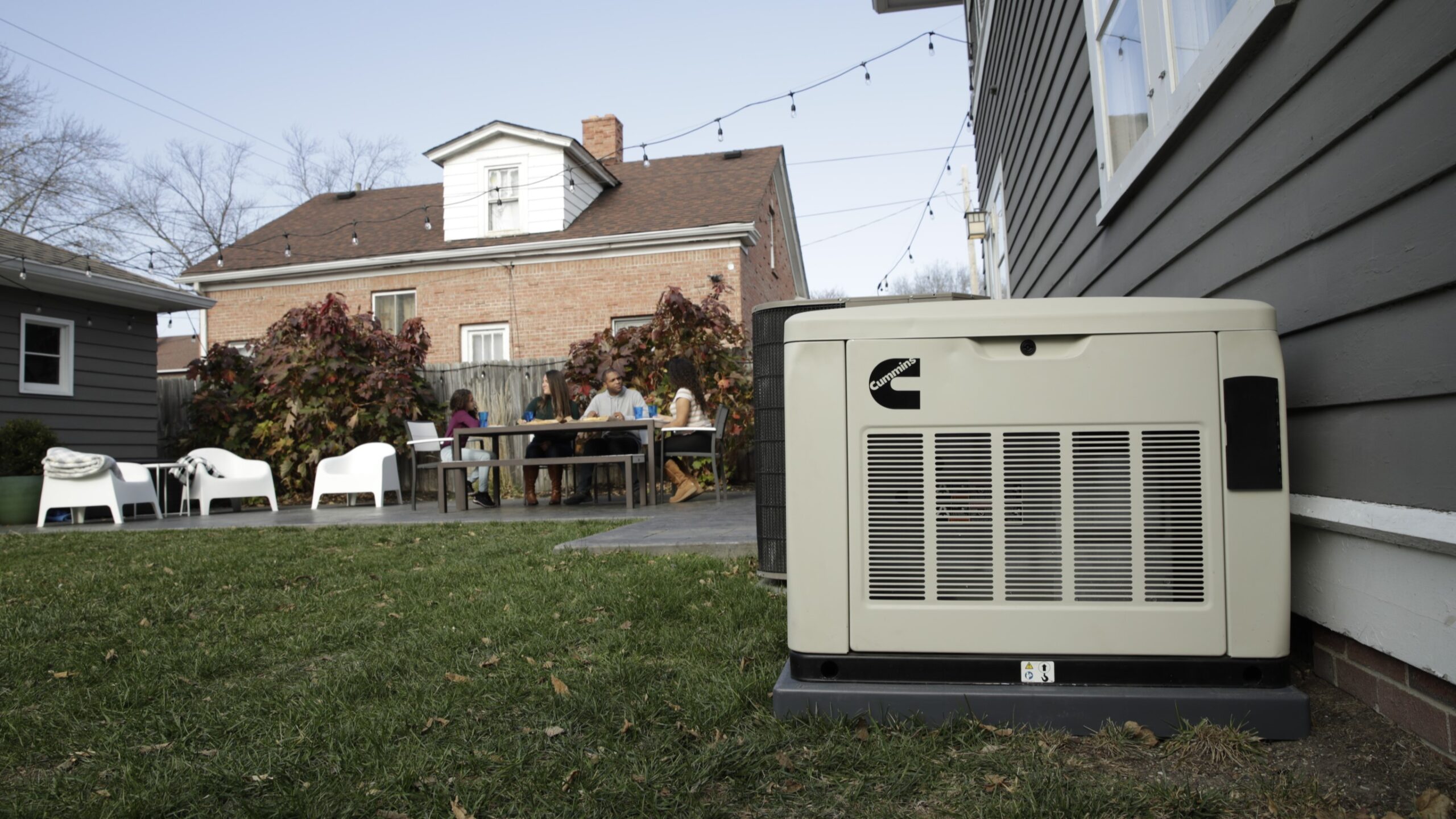Home Standby Generators vs Battery Backup Systems: Full Comparison
According to Market Research Future, the backup power market will be worth more than $29 billion within the decade. It speaks to the vital nature of backup power. The right system can make all the difference, but choosing between home standby generators vs battery backup systems isn’t always easy. Today we’re taking a closer look … Read more



